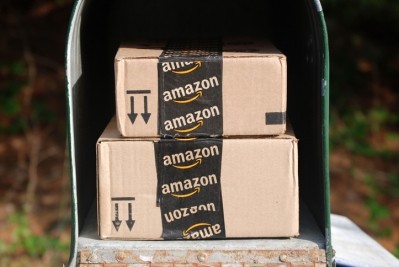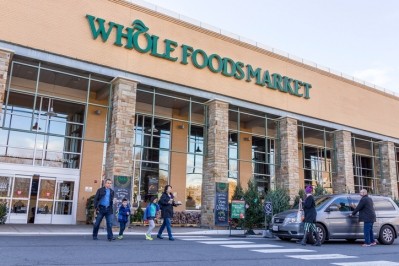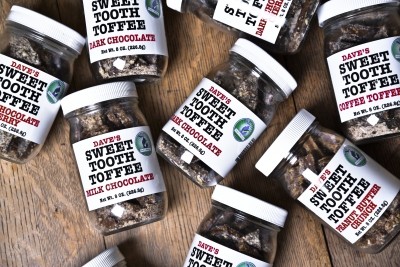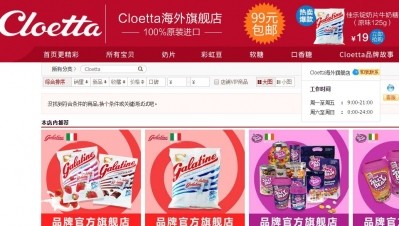Earnings call takeaways
E-commerce sales rise 30% for Mondelēz in H1 as biscuit competition heats up

The company grew e-commerce revenues 30% in the first half of 2016 and aims to be online leader in snacks with a $1bn sales target by 2020.
It comes as the company posted 1.5% organic growth in its Q2 results and announced plans to launch Milka in China this September.
$1bn online sales target
Speaking during the company’s second quarter earnings call yesterday, Irene Rosenfeld said: “While only a small part of our business today, we have significantly bolstered our capabilities in e-commerce. “
Mondelēz has partnered with Amazon in the US and teamed with Alibaba in China in April. It has also added personalized gift and subscriptions on brand such as Oreo in the UK.
Rosenfeld said: “Although online snacks are relatively under-developed, we believe e-commerce will be increasingly important as consumer purchasing behavior changes.
“Our intent is to capture share in this fast-growing channel by leveraging our strong brands and marketing knowhow.”
Alibaba key to Milka launch in China
Rosenfeld said e-commerce was a key channel in China and it would leverage its Alibaba partnership for the Milka launch.

“…We actually see close to 10% of snacks being purchased online [in China], and it's one of the drivers of the partnership that we struck with Alibaba,” she said
Mondelēz sees gifting and subscription in Chinese e-commerce and also hopes to move outside the modern cities in wholesale.
Rosenfeld said she saw online subscriptions prospects for “brands like belVita”.
Competition in biscuits
Mondelēz said aggressive trade spending from competitors in biscuits had damaged its market share in the US and Brazil. It posted revenue declines in the biscuits category in both countries for Q2.
“…The Q2 numbers were largely impacted by the US biscuit situation,” said Rosenfeld.
“So that's clearly a place where we're redeploying trade spend,” said Mondelēz CFO Brain Gladden.
The company also experienced a low single-digits decline in its biscuits category in China in Q2, and said currency and volume headwinds had pressured margins in Brazil.
Regaining biscuits share
But Mondelēz believes it can claw back its biscuits market share in these markets in the second half of 2016.
The company said it planned to innovate in US biscuits with several new items and would invest in direct store delivery.
“In Brazil, we're investing in additional advertising and consumer support while selectively narrowing price gaps on key SKUs,” said Gladden.
Middle East demand
Mondelēz’s Q2 organic revenues declined 2.3% in its Eastern Europe, Middle East & Africa (EMEA) region.
Gladden said this was driven by a slowdown in Middle East and North Africa, where low oil prices and geopolitical volatility is harming consumer demand.
“A very weak Ramadan season in the Middle East also tempered the top line,” he added
Gladden highlighted Saudi Arabia, Nigeria, Yemen and Syria as particularly challenging markets.
Hershey bid and product trimming
Rosenfeld said during the earnings call the company had “no additional comments to make” on its failed $23bn bid for Hershey or merger & acquisition plans.
Gladden said: “SKU rationalization has been ongoing” but refused to comment further.
Mondelēz added during the call it would up advertising and commercial support for its power brands in the second half of 2016 in light of “challenging markets”, particularly in emerging economies.








